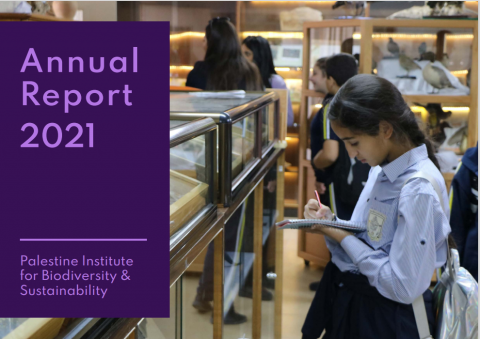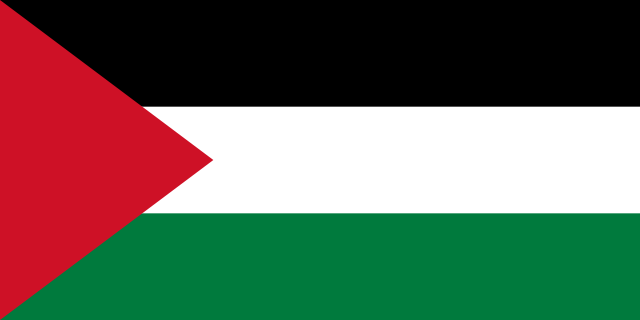
Preface
When the Palestine Institute for Biodiversity and Sustainability and Palestine Museum of Natural History opened to the public in 2017, we set up a five-year (2018- 2022) strategy of research, education, conservation and community service. We were pleasantly surprised that we were able to achieve our five-year strategy in just four years, despite the (now almost) two years’ of COVID-19 pandemic. What drove the acceleration was:
Need - We were on the ground at the right time and the right place to serve a community that was thirsty for the kind of work that we did; from farmers who needed to develop their farming practices in organic ways, to students thirsty for knowledge, to a state of Palestine in the making of better policies, procedures, research, and conservation modules.
Human Capacity - Team members at this institute did amazing work beyond what was asked of them because they believe in our mission, vision, and goals (which center on service and respect). We are grateful to our 2021 team and volunteers. Among the regulars we cite: Mohammad Najajreh, Elias Handal, Mohammed Abusarhan, Johanne Gideon, Amal Handal, Rami Abu Sa’ad, Hanin Saliba, Reem Massad, Zohar Regev, Jessie Chang, and Mazin Qumsiyeh. They also built on the previous work of many others from 2014 until today. We are also grateful to university staff (finance and maintenance office in particular).
Support of Others - Our supporters were very generous with their monetary and in-kind donations, technical advice, moral support, and much more. Without them, the above would certainly not be sufficient to achieve what we (collectively) did. We are also grateful to the trust placed in us by funding agencies and individuals.
Passion - Passion for our work is driven by the need we feel and the knowledge that our actions make a difference. The thousands of visitors that we welcome, students we teach, children who learn by doing, women who participate and discover the value of indigenous herbs, fellow researchers who read our publications and jointly publish with us, and locals in remote communities who feel our presence in their lives. We can say that the animals and plants (wild or domestic) that we take care of are also appreciative of our work. This is why, unlike most institutions, we never stopped working even in the COVID-19 lockdowns. With specially secured permits, we were able to function and even improve throughout the year and to provide advice and support to local farmers and others on increasing food sovereignty.
